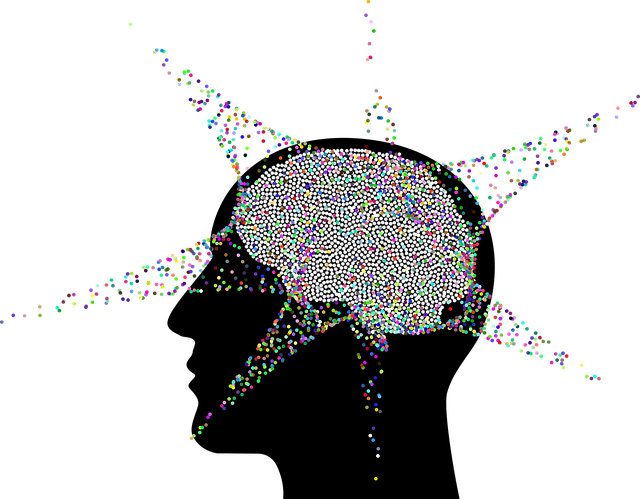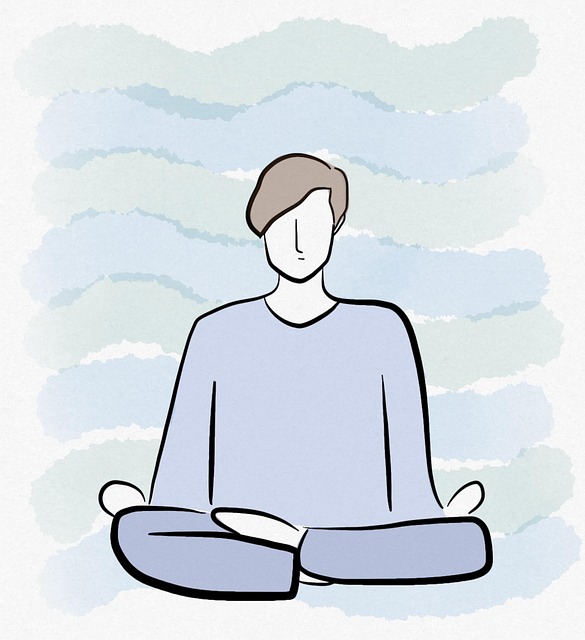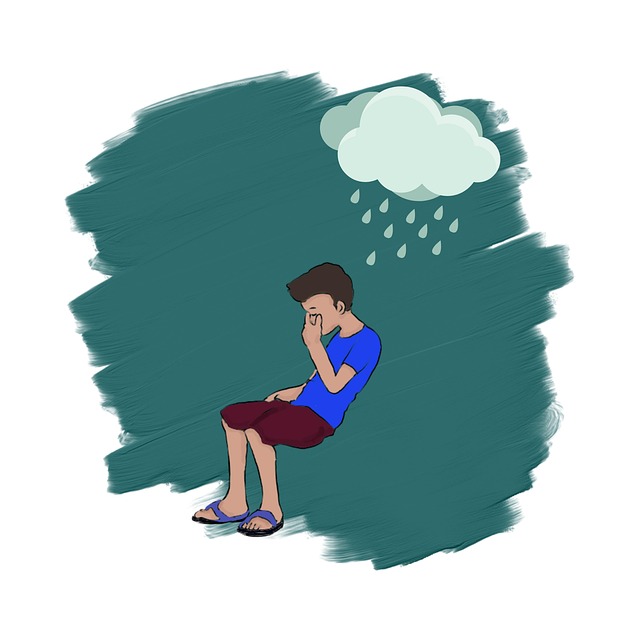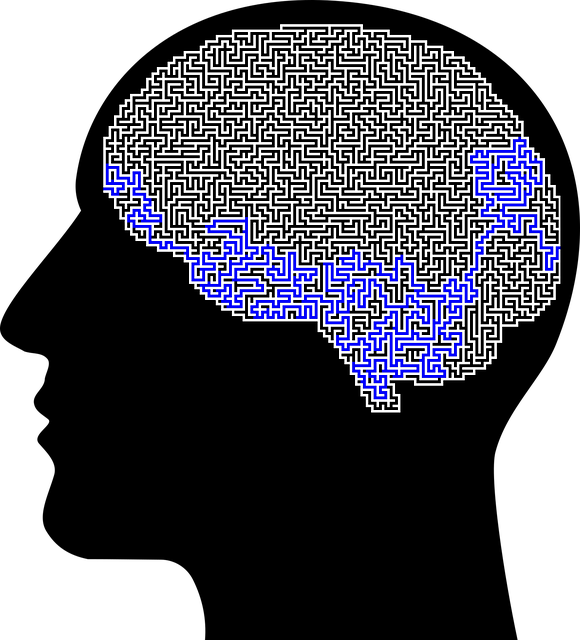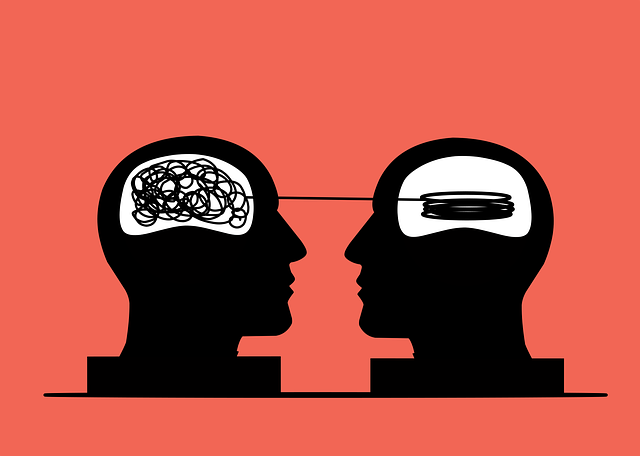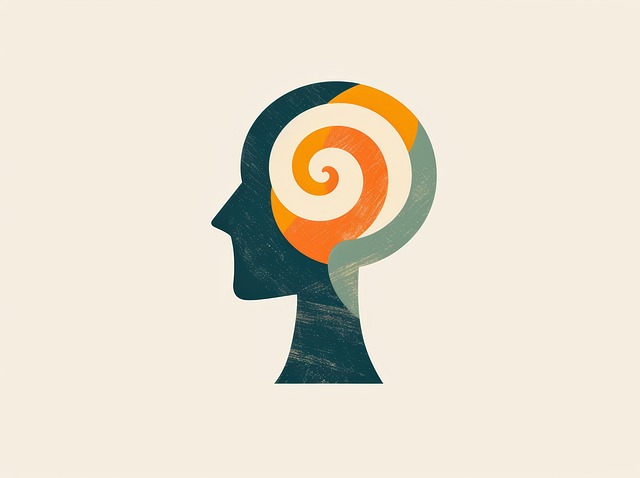Parker International Adoptions Therapy (PIAT) employs Recovery-Focused Methodology (RFM) to build resilience, a key aspect of mental health. This approach shifts focus from problems to personal strengths, offering tools for anxiety relief through gratitude practices, self-compassion, and problem-solving. PIAT integrates risk assessment, communication strategies, and open dialogue to support families adopting children from challenging backgrounds. Resilience exercises, focusing on physical, emotional, and mental fortitude, empower individuals to manage stress, overcome adversity, and gain control over their lives. RFM principles, encompassing resilience, flexibility, and mastery, are applicable personally and professionally, promoting holistic well-being through techniques like mindfulness and crisis interventions in work environments.
Resilience is a vital asset in navigating life’s challenges. This article explores the powerful tool, RFM (Recovery, Flexibility, and Mastery), and its role in building mental fortitude. We delve into Parker International Adoptions Therapy, a unique approach fostering resilience through structured exercises. Understanding these key components can empower individuals and organizations to enhance their coping mechanisms. Learn how to implement RFM strategies in personal and professional settings, drawing insights from innovative therapies like Parker’s, for a more resilient future.
- Understanding RFM and Its Role in Resilience Building
- Parker International Adoptions Therapy: An Overview
- Key Components of Resilience-Building Exercises
- Implementing RFM in Personal and Professional Settings
Understanding RFM and Its Role in Resilience Building

Resilience is a key aspect of mental health awareness, enabling individuals to cope with challenges and stress effectively. RFM (Recovery-Focused Methodology), developed by Parker International Adoptions Therapy, plays a pivotal role in fostering resilience. This approach shifts the focus from problems to strengths, promoting a positive mindset essential for anxiety relief. By identifying personal resources, coping strategies, and meaningful goals, individuals gain tools to navigate life’s hurdles.
RFM integrates various exercises designed to build mental fortitude. These include cultivating gratitude practices, enhancing self-compassion, and developing problem-solving skills. The methodology encourages individuals to view setbacks as opportunities for growth, fostering a sense of control and empowerment. Public awareness campaigns can effectively communicate the benefits of RFM, contributing to mental health awareness and supporting those seeking anxiety relief in their daily lives.
Parker International Adoptions Therapy: An Overview

The Parker International Adoptions Therapy (PIAT) is a comprehensive approach designed to support individuals and families navigating the complexities of adoption and fostering. This therapy model recognizes that adopting a child, especially from challenging backgrounds, can significantly impact a family’s dynamic, requiring unique resilience-building strategies. PIAT offers a range of evidence-based techniques tailored to enhance mental health professionals’ ability to assist these families.
One of its key strengths lies in the integration of risk assessment tools, such as those used in the Risk Assessment for Mental Health Professionals, to identify potential challenges early on. By fostering effective communication strategies, PIAT aims to improve mood management within adoptive households. Through specialized techniques, professionals learn to facilitate open dialogue, addressing the unique emotional needs of adopted children and their caregivers.
Key Components of Resilience-Building Exercises

Resilience-building exercises are a crucial aspect of holistic well-being, designed to help individuals navigate life’s challenges with strength and adaptability. These exercises focus on three key components: physical, emotional, and mental fortitude. Just as Parker International Adoptions Therapy offers specialized support for adoptive families, resilience training equips people with tools to manage stress, overcome adversity, and build a sense of control over their lives.
Through activities that range from mindfulness practices and social skills training to trauma support services, these exercises foster anxiety relief and promote healthy coping mechanisms. By engaging in regular resilience-building routines, individuals can enhance their ability to bounce back from setbacks, improve their overall mental health, and lead more fulfilling lives.
Implementing RFM in Personal and Professional Settings

The principles of RFM (Resilience, Flexibility, and Mastery) can be seamlessly integrated into both personal and professional spheres, offering a holistic approach to well-being. In personal settings, individuals can utilize RFM techniques to enhance their coping mechanisms and navigate life’s challenges more effectively. This might involve adopting stress reduction methods like mindfulness practices or engaging in physical activities that foster resilience. For instance, Parker International Adoptions Therapy promotes these principles through specialized programs designed to support adoptions and family dynamics.
Professionally, RFM is valuable for organizations aiming to create a resilient work environment. Implementing crisis intervention guidance and fostering an atmosphere of flexibility can mitigate the impact of stress on employees. A Mental Health Policy Analysis and Advocacy perspective suggests that by incorporating these strategies, businesses can improve employee satisfaction and productivity while ensuring a supportive mental health framework. This approach aligns with the overall goal of enhancing resilience in various aspects of life.
Resilience is a powerful tool that enables individuals and communities to navigate life’s challenges. By integrating RFM (as demonstrated by the innovative practices at Parker International Adoptions Therapy) into personal and professional settings, we can foster a culture of resilience. This approach equips people with the skills to adapt and bounce back from adversity, ultimately enhancing their well-being and overall quality of life. Embracing these resilience-building exercises is a significant step towards creating a more robust and supportive society.



